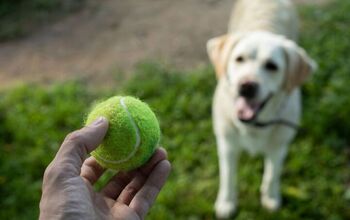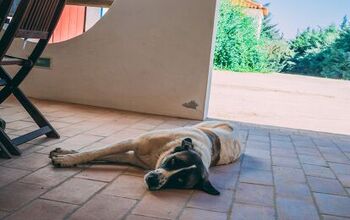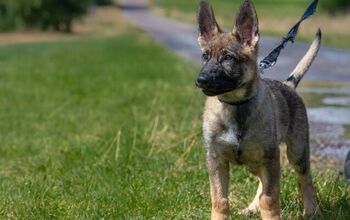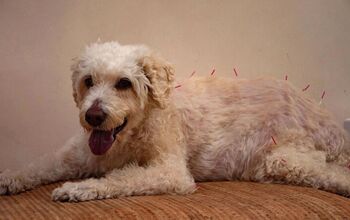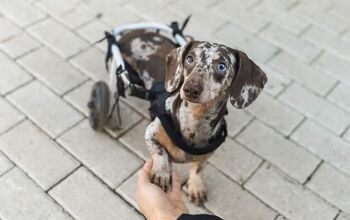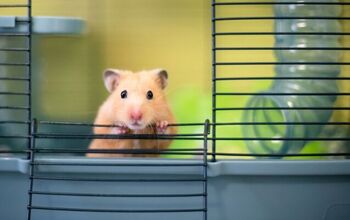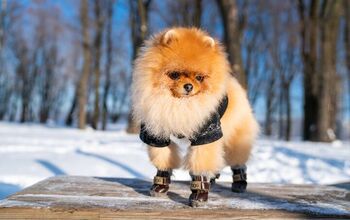Four-Legged Film Star Cloned In China

Juice was a stray pup pulled off the streets of China and turned into a canine celebrity over the last nine years. He’s starred in dozens of Chinese television and film productions, and his owner, He Jun, says that he is also his intellectual property and has extensive social influence.
And so, since Juice can’t literally live forever, his owner wanted to come as close as he could–with a clone of an adorable two-month-old puppy now being called “Little Juice.”
Related: Barbra Streisand Shares New Cloned Dogs With World
His owner turned to Sinogene, the first biotech company in China to specialize in pet cloning services. They first successfully cloned a gene-edited beagle last May. That success was the catalyst for their commercial
To achieve that, He went to Sinogene, China’s first biotech company to provide pet cloning services. Sinogene made headlines when it successfully cloned a gene-edited beagle in May last year. A month later, it launched commercial cloning services. With just 380,000 yuan ($55,020 USD) you can now clone your pet.
Little Juice’s surrogate mother is a Beagle with the ID number NTR1917.
Mi Jidong is Sinogene’s CEO and said that while the pet cloning service is in the initial period, they will eventually move into gene editing services because they’ve found pet parents want to keep their pets alive as long as they can.
Sinogene’s CEO Mi Jidong said the company’s pet cloning business is in its initial stages, but he plans to expand services to eventually include gene editing.
Currently, there are no regulations on animal cloning, though there are laws on the use of animals for lab research. The government is very interested in the success of the cloning-market because there is such a high profit-margin, says Tin-Lap Lee, who is an associate professor of biomedical sciences at the Chinese University of Hong Kong.
Related: Korean Scientists Introduce the World’s First Cloned Litter Of Dogs
The process involved taking skin samples from Juice’s lower abdomen and after a few weeks, Sinogene isolated his DNA and fertilized an egg. They then inserted fertilized embryo into the uterus of the surrogate beagle and Little Juice was later born in mid-September of this year. Little Juice stayed with his mama for about a month at the Sinogene labs and then given to He June at a ceremony with his prototype Juice.
The dogs’ owner isn’t sure that he’ll put Little Juice into show business right away but says he does have lots of potential.

More by Lori Ennis











